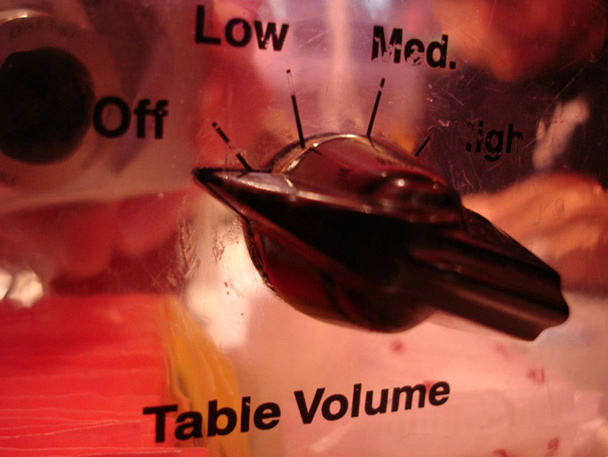It’s 9 p.m. on a Saturday and my companion and I are tucked away at the corner table at our favorite Italian restaurant on New York’s Upper East Side. We order carciofi alla Romana (grilled artichokes in olive oil and garlic) and crespelle alla Fiorentina (eggplant cannelloni filled with ricotta and spinach), which arrive bursting with flavor and demanding the presence of a classic Chianti. Presented with the dramatic flair of old-school Italian waiters, drink and food soon transport me to another place and time. Over the stereo system, emotion-filled strains of “O Sole Mio” layer in amid the clinking of silver against porcelain and glass against glass. By the time the tiramisu and cappuccinos arrive, I have completely left my New York existence behind and am fully immersed in la dolce vita. In the background, Andrea Bocelli begs us to linger a little longer with his impassioned rendition of “Con Te Partirò.” “I feel like I’m back in Rome,” I whisper.
I’d have sworn it was the meal that whisked me away to one of my favorite cities in the world, but as it turns out, something totally unrelated to olive oil and Chianti may have been driving my dining rapture. According to a 2010 study in the journal Musicae Scientiae, playing songs related to the ethnic origins of a certain food can greatly enhance a person’s preference for this type of cuisine. “Music may trigger certain memories,” says study author Joanne Yeoh, PhD, a researcher of music and consumer behavior. “In other studies, I’ve asked people to perform mundane tasks while background music was playing. Afterward, I stop the music and ask them to think about a food they’d like to have. Most of them choose a food associated with the music.” They do this despite the fact they can’t recall what music was playing, adds Yeoh, indicating that music influences our dining desires in a subconscious way.
Double the Pleasure
When it comes to music and food, there’s more at work than just memory recall. Researchers at McGill University in Montreal have found that when people listen to music, it activates an area of the brain responsible for the production of dopamine, the body’s “feel good” chemical, which transmits signals for the body to seek out more of what is giving it pleasure. No surprise, this is the same chemical that drives people to eat more cake and have more sex. “In evolutionary terms, the purpose of dopamine is to reinforce behaviors that are highly adaptive,” says study author and neuropsychologist Valorie Salimpoor, PhD. For instance, food and sex are, by necessity, pleasurable: Should humans cease to pursue either one, survival of the species would be imperiled. But music? Hardly something we think of in survival terms. “It is interesting that something as abstract as music can elicit a similar dopamine response,” Salimpoor admits. In fact, study participants experienced a 6 percent to 9 percent increase in dopamine levels when listening to pleasurable music, versus a 6 percent increase associated with eating pleasurable meals. Now imagine the dopamine boost that comes from combining the two.
Restaurant Gold Mine
It’s no surprise, then, that people in the food business see music as a clever tool they can employ to their advantage in numerous ways. “Using the five senses in merchandizing is a reasonably cheap way of defining who your customers are,” states Paco Underhill, author of Why We Buy: The Science of Shopping. “If you can match your music to your customer, you increase her ability to identify with your brand.” That brand recognition can build brand loyalty; loyalty, in turn, brings repeat customers—the gold standard all restaurants reach for. That promise explains why, although the marriage of food and music is thousands of years old, it still attracts researchers seeking to unlock the perfect formula. Scientists have probed the relationship from many angles. One study found that slower tempos can encourage diners to linger longer over their meals, ostensibly buying more items off the menu. On the other hand, up-tempo tunes tend to encourage rapid dining—not a bad trick for a maître d’ trying to speed along tables during rush hour.
Finding the right balance between beats per minute, decibel level, and genre of music isn’t easy—but it’s critical. A recent study in the Journal of Culinary Science & Technology found that diners prefer music over silence but will quickly form an unfavorable impression of their meal if the background-music level forces them to strain to converse.



 Pinterest
Pinterest


